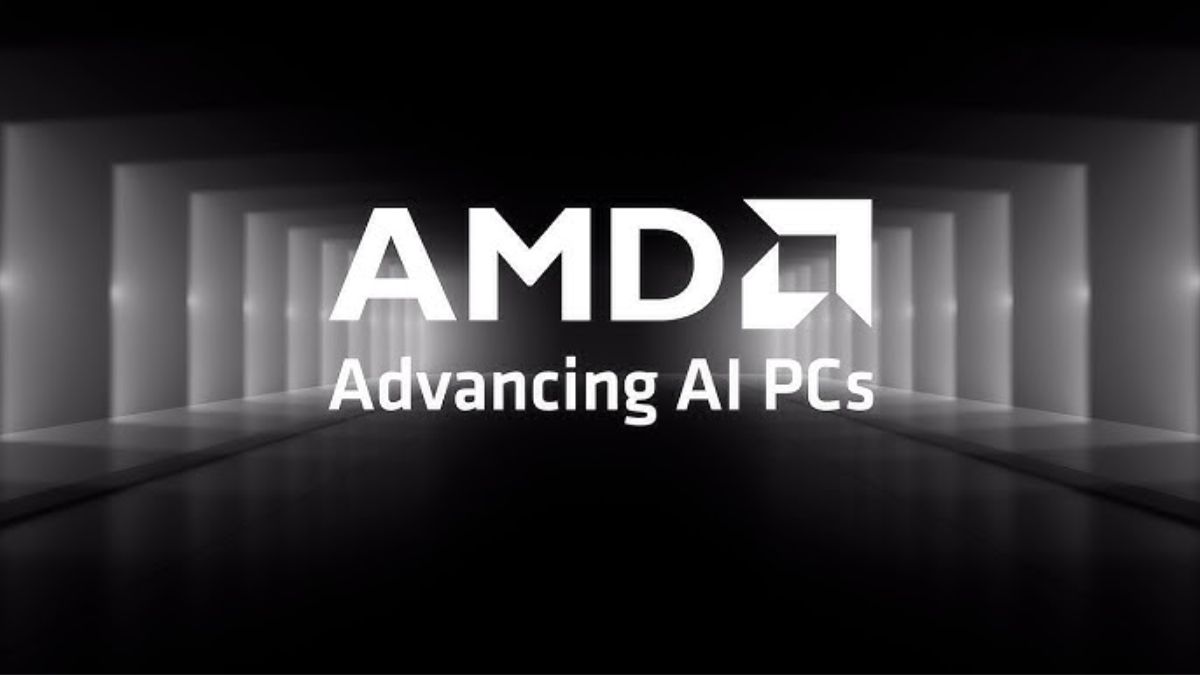Advanced Micro Devices (AMD), a major player in the semiconductor industry, is positioning itself to compete with Nvidia and Intel in the escalating artificial intelligence (AI) race by betting on AI-powered personal computers (PCs). In an exclusive interview with CNBC, AMD President Victor Peng expressed confidence in the expanding market for AI PCs, expecting a surge in adoption during the second half of the year.
AI PCs are personal computers equipped with processors specifically designed to execute AI functions, such as real-time language translation. The surge in interest in generative AI, triggered by the viral launch of ChatGPT in November 2022, has fueled the expectation that consumers will seek devices with AI features. Tech research firm Canalys predicts that 60% of PCs shipped in 2027 will be AI-capable.
Peng emphasized that the market for AI PCs is set to grow, and AMD aims to capitalize on this trend. He stated that AMD has a strong lead in AI PCs, with the recent announcements of the Ryzen 8000G Series desktop processors in January, offering powerful performance for intensive workloads, including gaming and content creation.
While AI-powered devices are initially targeted at specific segments of the enterprise PC market, International Data Corporation (IDC) anticipates broader deployment over time as more use cases emerge and costs decrease. IDC expects the integration of AI capabilities into PCs to drive upgrades, with products hitting the shelves in 2024.
In the highly competitive landscape, AMD faces rivals such as Nvidia and Intel, particularly in the graphics processing units (GPUs) market crucial for AI and high-performance computing. Nvidia currently dominates the GPU market for AI applications, with AI models like ChatGPT running on Nvidia GPUs. Nvidia has recently announced new GPUs designed for running generative AI applications on PCs.
Intel, on the other hand, launched Core Ultra chips in December to enhance the speed of AI programs. These processors power more than 230 AI PCs from companies like Acer, ASUS, Dell, HP, and Lenovo. AMD is making significant strides in the AI domain, having launched the Instinct MI300X chips for large language model training in December, competing directly with Nvidia’s H100 chips.
Peng remains optimistic about the continued significance of AI, stating that despite the already vast opportunities, the industry is still in the early stages of AI development. He highlighted AMD’s success in gaining market share in servers, especially with the Instinct MI300 GPUs, and expressed the company’s commitment to further expansion in the AI market throughout 2024. During AMD’s fourth-quarter earnings call, the executive team emphasized the growth in data center and embedded segments, foreseeing a strong product ramp in 2024, particularly with the launch of the Instinct MI300 GPUs.


